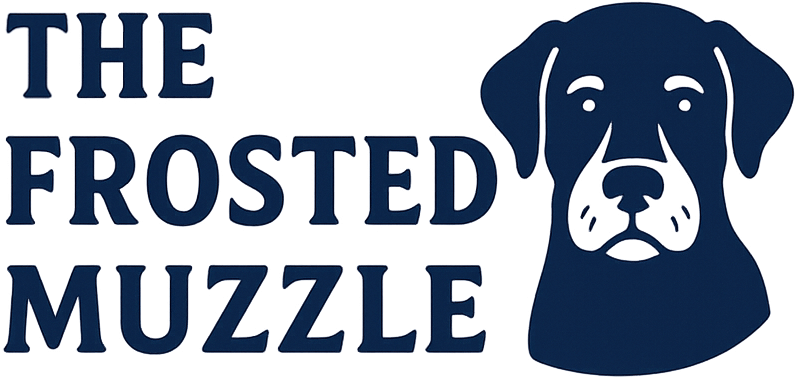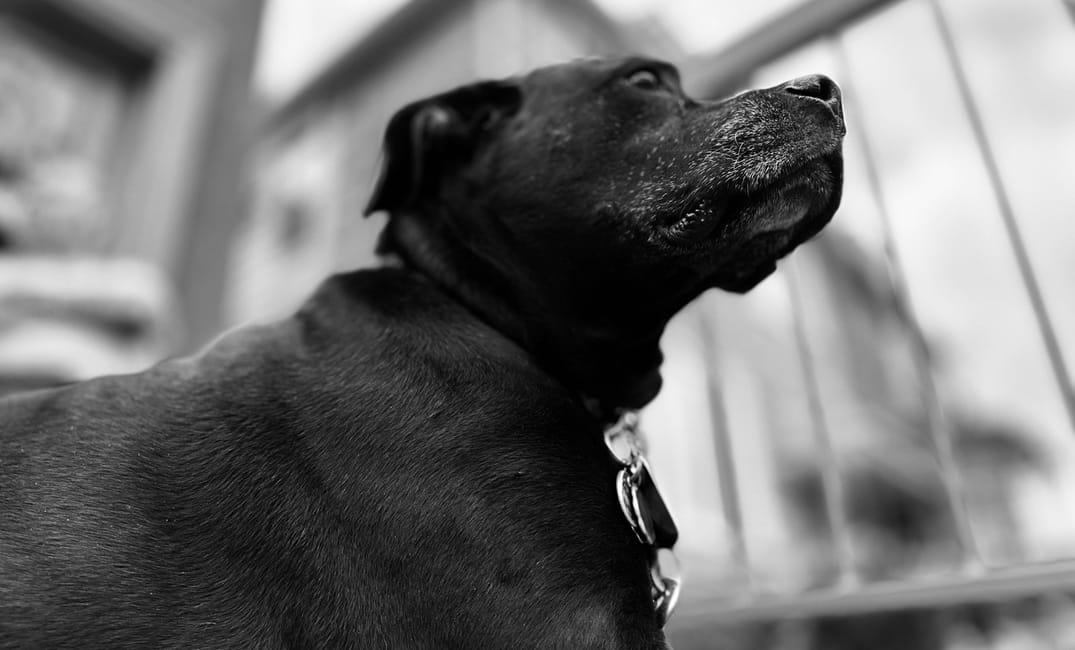Table of Contents
Getting older is tough for all of us, and that includes our dogs. Senior dogs may not run as fast or jump as high as they used to, but they still have so much love to give. As they enter their golden years, they rely on us more than ever to meet their changing needs. The problem is, many well-meaning dog parents accidentally overlook what aging dogs truly need.
Let’s talk about 7 common mistakes people make with senior dogs and how to do better, starting today.
1. Assuming Slowing Down Is “Just Old Age”
It’s easy to think that less energy and mobility is just part of getting older, but that’s not always true. Sometimes, it’s a sign of pain, arthritis, or an underlying illness.
Don’t ignore changes in your dog’s behavior. If they’re sleeping more, avoiding stairs, or acting less social, talk to your vet. There may be treatments or changes in care that can help them feel more comfortable.
2. Not Adjusting Their Diet
Senior dogs don’t burn calories the way younger dogs do. Continuing to feed the same amount or type of food can lead to weight gain, which puts extra stress on joints and organs.
Ask your vet if a senior-specific diet might be better. Look for high-quality protein, joint support nutrients like glucosamine, and fewer calories if they’re less active.
3. Skipping Regular Vet Visits
Some owners only take their senior dog to the vet when something’s obviously wrong. But health issues often build up slowly and quietly.
Older dogs should see the vet at least twice a year. Routine check-ups can catch kidney disease, thyroid issues, and cancer early when they’re often more manageable.
4. Forgetting Mental Enrichment
Just because your dog is older doesn’t mean they want to sit around all day. Their minds still need stimulation, especially if they’re not getting as much physical activity.
Try puzzle toys, short training sessions, or gentle scent games. These can keep their brain active and help prevent cognitive decline.
5. Pushing Them Too Hard (Or Not Enough)
Some owners think they need to “keep their dog moving,” while others stop all exercise out of fear. The key is balance.
Take short, frequent walks instead of long, exhausting ones. Let them set the pace. Keep them active but respect their limits.
6. Ignoring Dental Care
Dental disease is extremely common in senior dogs and can lead to serious health problems, including heart and kidney issues.
If brushing your dog’s teeth is too difficult, consider dental chews, vet-approved rinses, or regular cleanings. A clean mouth can mean a healthier, longer life.
7. Not Making Home Adjustments
Senior dogs often struggle with slippery floors, stairs, or jumping up onto furniture. Many owners wait too long to adapt their home.
Add non-slip rugs, ramps, or orthopedic beds to help your dog move around more easily. Simple changes can make a big difference in their comfort and safety.
Your senior dog may be older, but they still rely on you to help them thrive. Paying attention to their changing needs and adjusting your care can make these years just as joyful as any other time. In fact, many owners find these golden years the most deeply connected of all.

